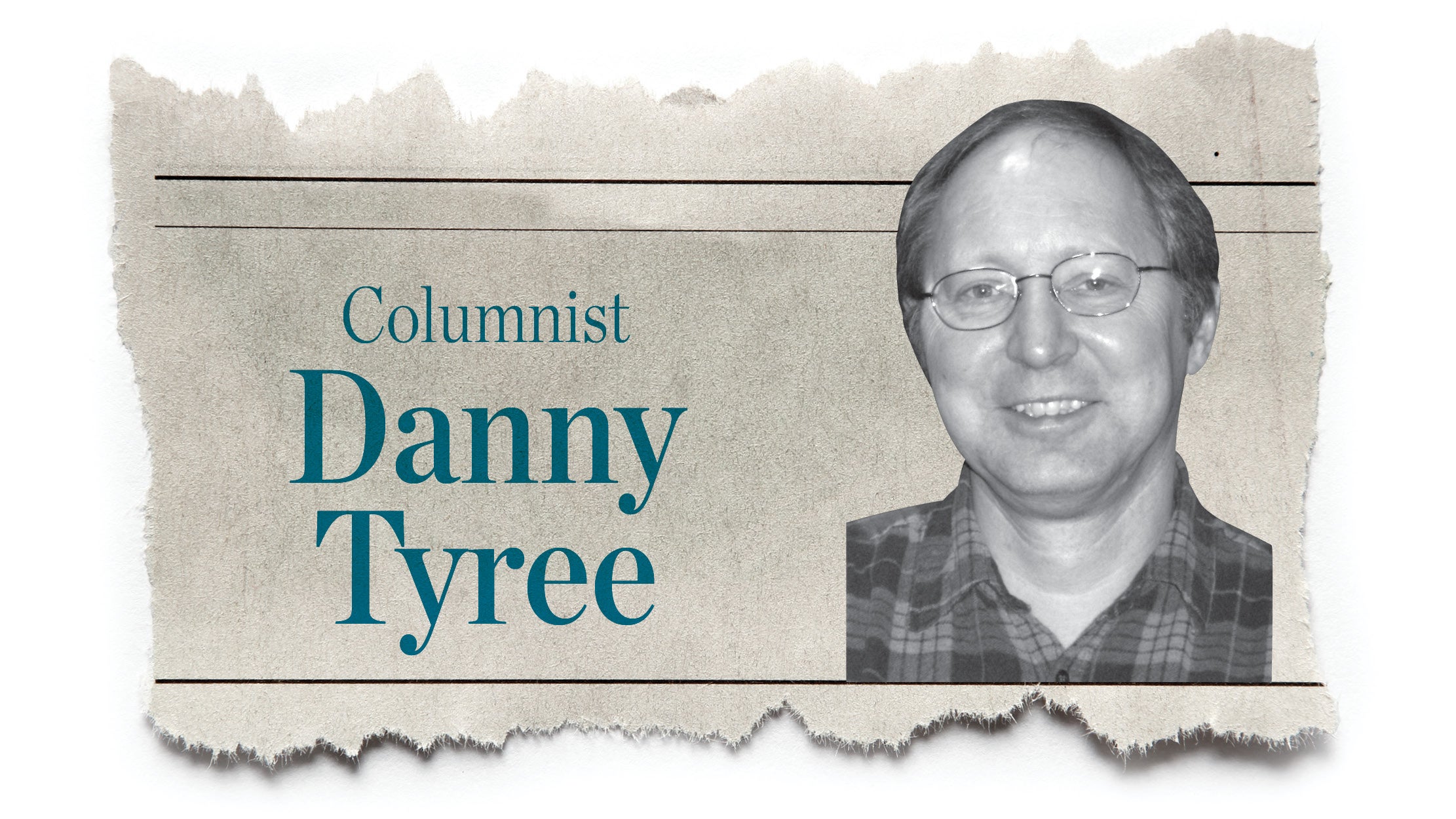Melissa Dever: There’s no place like home
Published 12:00 am Sunday, January 22, 2023
Most all of us can relate to the phrase, “There’s no place like home.”
We all love to go on vacation and get away from time to time, but are usually happy to home where everything is familiar and comforting.
Imagine for a moment, the uncertainty of not knowing how long you will be able to stay in your home due to functional decline. This can evoke fear and sadness.
In addition, many adult children in the “sandwich generation” – those who are still working, caring for their children, and now faced with caring for their parents – are having to make difficult decisions in regard to aging parents who are dealing with functional decline.
Many in this situation often decide to resign from their jobs to care for their parents.
This has negative consequences for the sandwich generation caregiver, as they now lose income and decrease any money going into their retirement for the future.
Employers feel the pain of this decision as well, as they are losing experienced workers which are becoming increasingly difficult to find in today’s job market.
What if I told you that it doesn’t have to be this way?
The Area Agency on Aging District 7 has numerous community-based home care programs to help those experiencing functional decline. One of our main goals is to keep individuals at home for as long as possible.
PASSPORT is a Medicaid Waiver program funded through the Ohio Department of Aging that provides in-home services designed to help individuals age 60 and over who are at-risk of nursing facility placement live safely at home.
Services are provided through home care agencies contracted with AAA7 or consumer-directed providers.
Assistance is also available to help current nursing facility residents’ transition back home. Consumers in the PASSPORT program have the choice of either the traditional option where services are provided through agency or non-agency professional caregivers; or the consumer-directed option, where services are provided by individual providers such as friends, neighbors or some relatives (spouses, parents, stepparents and legal guardians are ineligible).
Some may feel they may not be eligible for PASSPORT as it is a Medicaid Waiver program; however, there is a distinct difference between traditional Medicaid and a Medicaid Waiver program.
A Medicaid Waiver program allows for higher income and asset limits than traditional Medicaid.
You may be surprised just how many individuals are eligible for this type of Medicaid.
In addition, if an individual desperately needs care and receives services in a nursing facility due to lack of in-home care, they most likely will end up on Medicaid.
Nursing facility care is extremely expensive at a rate of approximately $7,000 per month.
Most individuals cannot maintain that type of payment on an ongoing basis and resort to applying for Medicaid.
My point is that most individuals are not going to avoid applying for Medicaid at some point if their functioning declines.
Choices and options are available for individuals if they want to remain at home and receive long-term care services in their residence of choice.
If you are currently in a situation of needing care due to decreased functioning, I strongly encourage you to consider PASSPORT.
Caregivers, if you are finding yourself concerned about how much longer you can continue providing care, please reach out to us.
Employers, if you are fearful of losing experienced employees due to caregiving responsibilities, please reach out to us, as we would be happy to speak to your employees about the option of PASSPORT.
For more information, call us at 1-800-582-7277 or e-mail info@aaa7.org.
Melissa Dever is the executive director of the Area Agency on Aging District 7.





